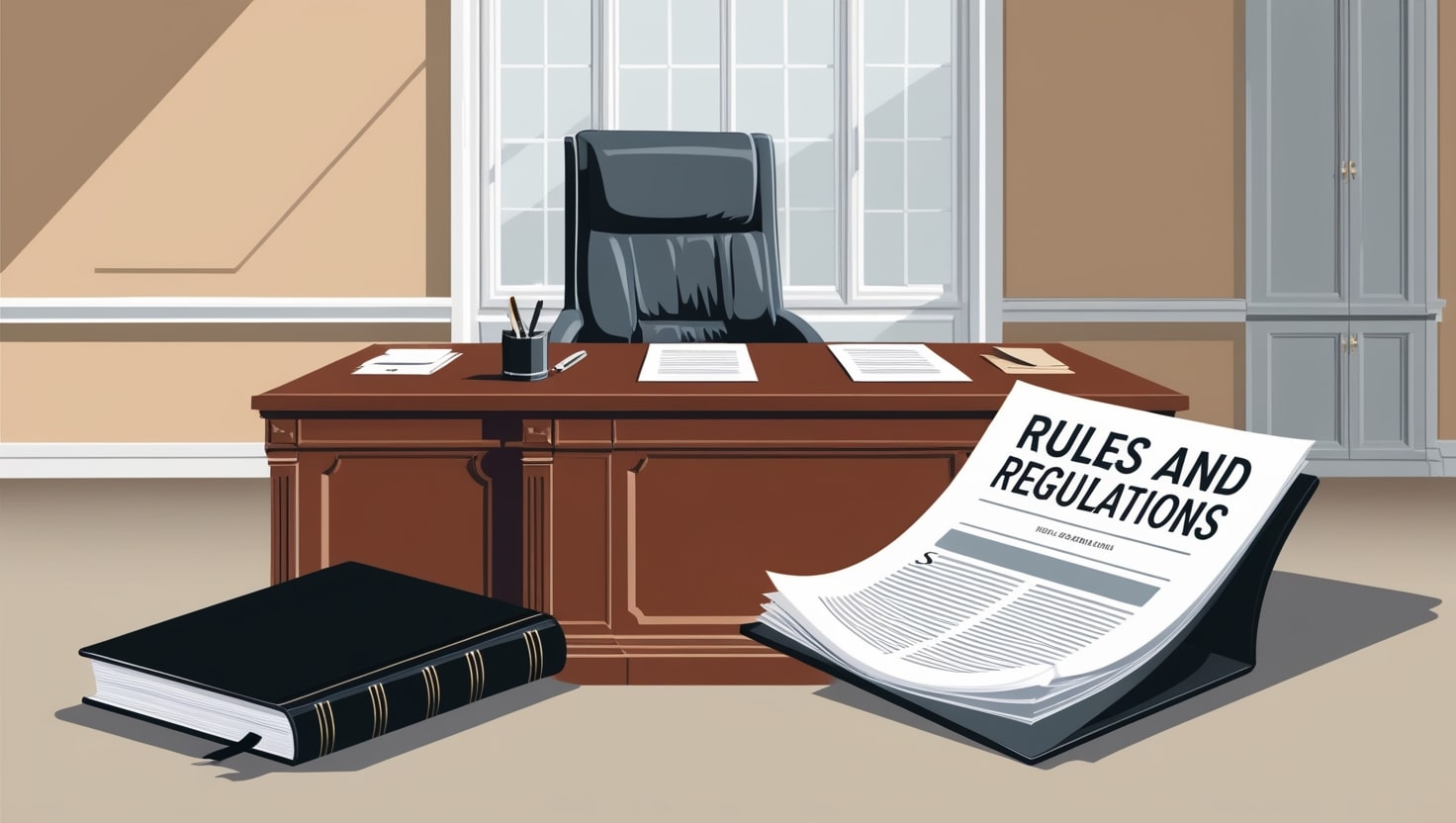Chicago, United States Airbnb Rules & Regulations
Last updated on: 4th July, 2025


Last updated on: 4th July, 2025

In 2024, Chicago's regulations on Airbnb and short-term rentals are designed to maintain neighborhood integrity and safety while allowing hosts to participate in the shared housing economy. Key components of these regulations include:
Registration and Licensing: All short-term rental hosts are required to obtain a registration number. If hosting for less than 32 consecutive days, a registration number must be displayed on the listing. Hosts can register through the Chicago Department of Buildings, with a fee of $125 for registration and $250 for a Shared Housing Unit Operator License if hosting multiple units.
Primary Residence Requirement: Rentals must be the host’s primary residence, defined as the dwelling where the host resides for at least 245 days a year. This restriction limits hosts to renting out only their main home, not multiple properties.
Insurance and Safety Compliance: Hosts must carry a minimum of $1,000,000 in commercial general liability insurance. Properties must also meet safety standards, including functioning smoke detectors, clear egress ways, and accessible fire safety equipment.
Zoning Regulations: Hosts must ensure their rental properties comply with local zoning laws, which delineate areas where short-term rentals are permitted. Rentals in residential zones may face stricter limitations or bans.
Tax Obligations: Hosts must collect and remit various taxes, including a 4.5% Hotel Accommodations Tax and a 1% Cook County hotel tax, applicable to rentals shorter than 30 days. Additional surcharges may be imposed, such as the Shared Housing and Domestic Violence surcharges.
Operational Guidelines: Occupancy limits may be in place, and hosts are encouraged to engage with their local communities to minimize disruption. Regular license renewals and adherence to city ordinances regarding noise and occupancy are required.
Penalties for Non-Compliance: Failure to comply with any of these regulations can result in significant fines. For example, operating without proper registration can lead to fines starting at $1,500.
These regulations reflect Chicago's efforts to balance the opportunities presented by short-term rentals with the need to protect neighborhood character and housing stability. Hosts are advised to stay informed of updates and compliance requirements to ensure lawful operation.